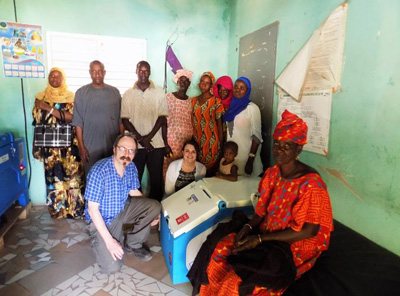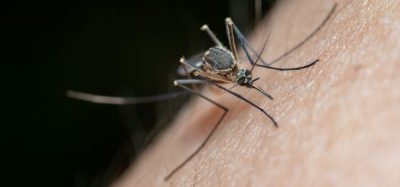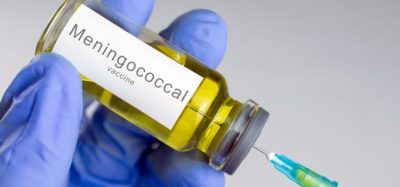Scientists develop cost-effective electricity-free vaccine cooler
Posted: 6 July 2016 | | No comments yet
Scientists have developed a cost-effective vaccine cooler which preserves vaccines for 35 days using just 30 litres of ice and without needing electricity…


Preserving vaccines for use by protecting them from getting too hot or too cold can be particularly challenging in developing countries where nearly one in five of the world’s population live without access to electricity.


Field trial of the super chiller in Senegal
But now scientists and engineers have developed a cost-effective vaccine storage device which perfectly preserves vaccines for 35 days using just 30 litres of ice and without needing electricity.
Research engineers from The Sure Chill Company conceived a way to use their patented Sure Chill technology to keep vaccines cool for a month or more at tropical temperatures without the need for any power supply. To preserve the ice for such long periods requires state of the art insulation, so Sure Chill approached Dr Harjit Singh of Brunel University London, a globally recognised expert in vacuum insulating materials.
Dr Singh explained more about the project: “The biggest challenge is to keep the vaccines in the very narrow safe storage temperature range of between two and eight degrees centigrade.
“What we have done is to combine Sure Chill’s patented technology which cocoons the vaccine chamber in water at 4°C with super-efficient vacuum insulation panels to keep the surrounding heat at bay. These panels are the best solid insulation currently available and are many times more effective than conventional refrigeration materials.
“The Sure Chill technology, which has no moving parts, works on the principle that water is at its most dense at 4°C. The ice packs work as a cold battery with convection currents in the water keeping the vaccine cold whilst avoiding direct contact with the ice.
“As the chamber never comes into contact with the ice the problem of freezing which dogs most ice pack vaccine storage devices is avoided.”
Vaccine cooler undergoing trials in Senegal
Studies have shown that over half of vaccines administered in the developing world have been exposed to freezing temperatures at some point in the cold chain, significantly reducing their efficacy.
The Long Term Vaccine Cooler is currently undergoing trials in Senegal. Senior R&D Engineer, Duncan Kerridge, of Wales-based The Sure Chill Company explained more about how the trials are going: “The combination of sustained reliable temperature control and ease of use has been enthusiastically received by health workers in the field.
“Ice packs and vaccines are delivered to the health posts once a month. The Cooler preserves the vaccines for up to five weeks where, previously, cool boxes struggled to keep them safe for more than a few days. This enables health workers to provide life-saving vaccinations to babies whenever they are needed rather than once a month.
“There has been considerable interest in this ground breaking product throughout the cold chain community. We are currently talking to manufacturers about commercialising the design and hope to be in production by the end of the year.”








